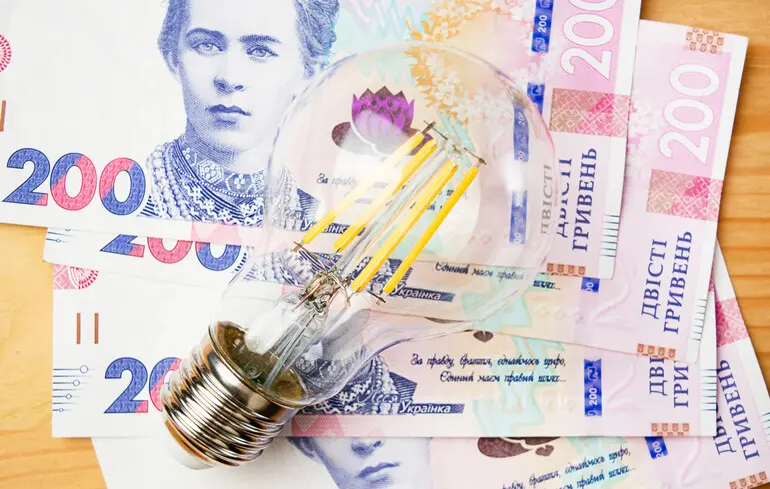Ukraine’s Utility Debt Hits a Record 106 Billion Hryvnias: Who Will Bear the Brunt?

The country’s housing and utility sector is facing a severe crisis: household debts for services have recently exceeded 106 billion hryvnias, with this figure continuing to grow rapidly.
These numbers are not mere statistics but reflect deeper systemic issues affecting every Ukrainian.
According to the latest reports from the State Statistics Service, the debt accumulated by Ukrainians for utilities by the third quarter of 2025 has reached unprecedented levels — higher than ever before.
While these figures may sound like cold official data, behind them are real human stories, their struggles, and numerous unresolved questions demanding urgent solutions.Over the past two years, the debt increase by households has added over 25 billion hryvnias to the total, driven by a combination of war, economic downturn, falling incomes, and a deeper issue — an imperfect system of billing and management of heat and water supplies in the country.
Experts note that tariffs and their calculation formulas often remain opaque to the public, with bills based on outdated norms and obsolete technology.
The lack of modern meters, inefficient management of housing stock, and unchecked debt build-up are transforming the problem from individual households to a systemic crisis threatening national stability.Another significant cause of growing debt is the mass migration of Ukrainians abroad.
Empty apartments and disconnected buildings lead to inaccurate consumption calculations by state agencies, resulting in bills that do not reflect actual use.
This creates a multi-dimensional issue: payers often end up subsidizing neighbors or virtual estimates, eroding trust in the system.
Political statements claim that tariffs for gas and electricity are still not fully market-based, yet the debt continues to climb, funded by the government budget and subsidies.The gap between official statistics and real-life experiences exacerbates the crisis.
On a personal level, many citizens no longer believe in the possibility of resolving the problem, fearing systemic collapse and loss of housing.
Meanwhile, the government attempts to reduce tariffs or make them more transparent, but bureaucratic hurdles delay solutions.
The ongoing challenge remains modernization: improving insulation, upgrading heating systems, and reducing consumption—issues that require urgent addressing to alleviate debt burden and restore trust in state housing services.

